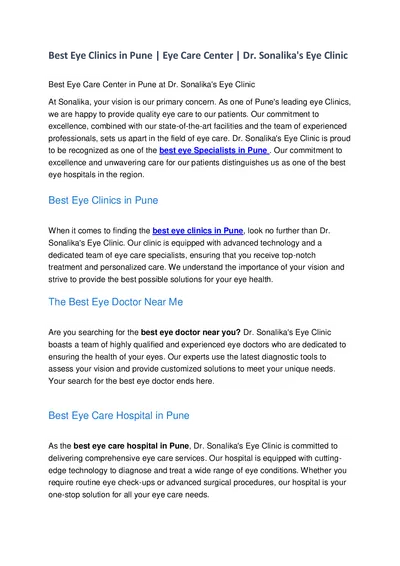PDF-What is Root Canal Treatment? Who is the best Root canal Dentist Near Me?
Author : dentisttomballtx | Published Date : 2021-02-09
Root canal treatment is necessary once your tooth becomes infected inside Our experienced and qualified dentist offers root canal treatment in Tomball Houston TX
Presentation Embed Code
Download Presentation
Download Presentation The PPT/PDF document "What is Root Canal Treatment? Who is the..." is the property of its rightful owner. Permission is granted to download and print the materials on this website for personal, non-commercial use only, and to display it on your personal computer provided you do not modify the materials and that you retain all copyright notices contained in the materials. By downloading content from our website, you accept the terms of this agreement.
What is Root Canal Treatment? Who is the best Root canal Dentist Near Me?: Transcript
Download Rules Of Document
"What is Root Canal Treatment? Who is the best Root canal Dentist Near Me?"The content belongs to its owner. You may download and print it for personal use, without modification, and keep all copyright notices. By downloading, you agree to these terms.
Related Documents














